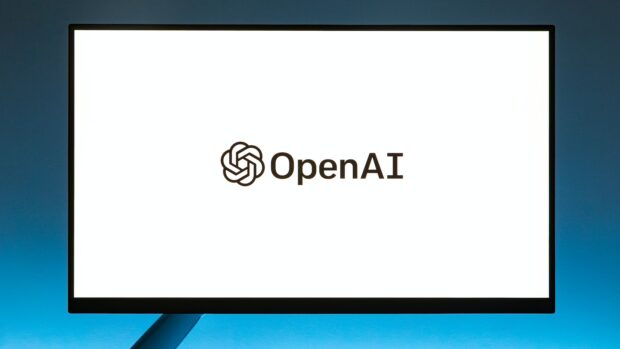OpenAI CEO Sam Altman has made an appeal to China for collaboration in developing AI safety regulations, despite the strained relationship between Beijing and Washington. Recognizing the abundance of AI expertise in China, Altman emphasizes his commitment to ensuring that artificial intelligence benefits humanity as a whole. The influence of AI has expanded far beyond its origins in ChatGPT and now encompasses a wide range of applications. Many countries recognize both the potential benefits and risks associated with AI, resulting in a global movement to safeguard humanity and leverage the technology’s transformative power. In this article, we will explore Altman’s request for China’s assistance in formulating global AI guidelines and discuss OpenAI’s proposed suggestions for creating these rules. We will also delve into Altman’s engagement with China, highlighting his recent appearance at a Beijing conference where he delivered a powerful message. Altman stressed the need for global cooperation given the complex challenges of aligning advanced AI systems, emphasizing that the best minds from around the world must come together. The conference was hosted by the Beijing Academy of Artificial Intelligence, supported by the Chinese Ministry of Science and Technology and the Beijing local government. Notably, Altman’s presence was enthusiastically received in China, despite the fact that ChatGPT is inaccessible in the country due to stringent cyber restrictions. According to a report by The Brookings Institution, China produces more high-quality AI research compared to the United States, although the US is responsible for more groundbreaking discoveries. China’s government has also prioritized AI development and implemented new regulations to ensure compliance with its heavily censored internet. Altman has been a vocal proponent of AI regulations, even as the creator of ChatGPT. Together with two other executives, he published a blog post titled “Governance of superintelligence” on May 22, 2023, outlining tenets for international AI regulations. These include collaboration between AI companies and governments to ensure AI safety, the establishment of new rules for producing AI systems, agreement on an annual AI research and development limit, and the assignment of an international regulatory body. OpenAI suggests that companies voluntarily implement these rules, while acknowledging that each nation may have its own set of regulations. The focus is on ensuring that artificial intelligence is safe for humanity. Companies like OpenAI are actively working on ethical AI solutions, such as Anthropic’s alternative to ChatGPT called Claude, which follows an AI constitution. Altman’s call for China’s assistance in creating global AI regulations underscores the need for the best minds to come together to address the risks associated with advancing AI. However, this endeavor will be challenging as the field of artificial intelligence continues to evolve rapidly. As more countries and organizations contribute to AI development, keeping pace with advancements will require continuous effort. Fortunately, staying up-to-date on the latest digital trends and insights, such as those provided by Inquirer Tech, can provide a solid foundation for navigating the evolving world of AI.
Denial of responsibility! VigourTimes is an automatic aggregator of Global media. In each content, the hyperlink to the primary source is specified. All trademarks belong to their rightful owners, and all materials to their authors. For any complaint, please reach us at – [email protected]. We will take necessary action within 24 hours.


